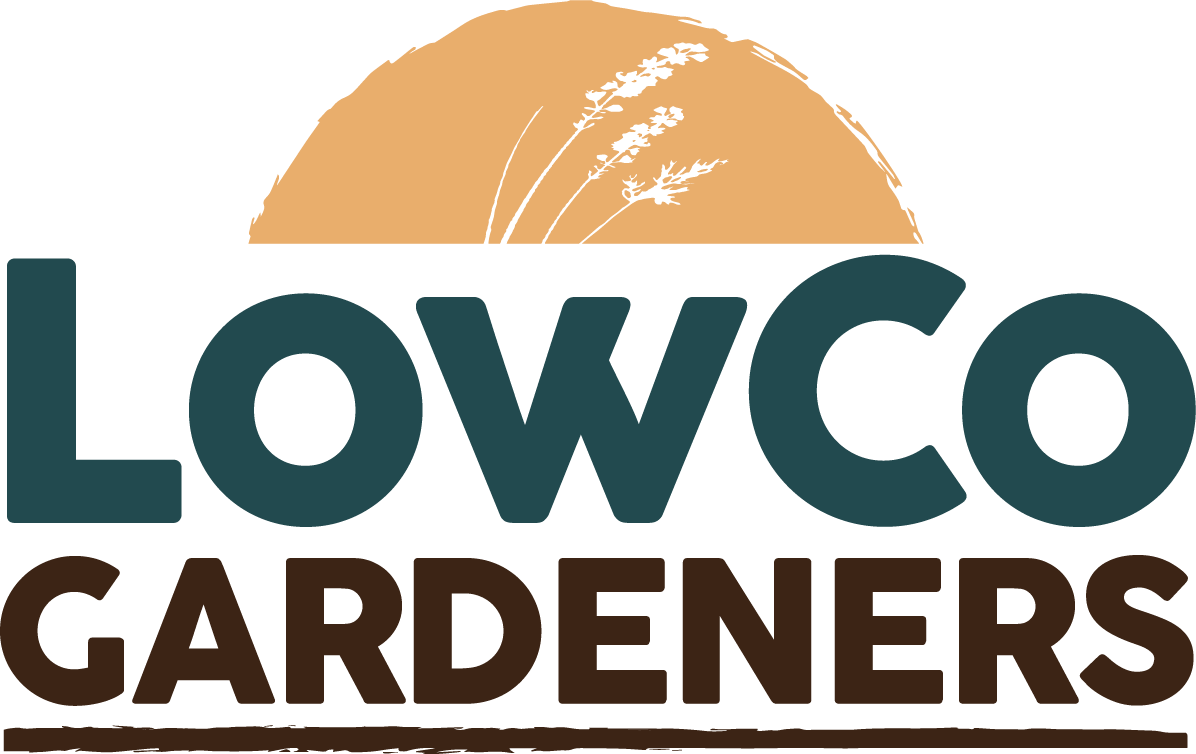The Benefits of Composting for Your Garden
Composting is an excellent way to improve the health of your garden soil while reducing the amount of organic waste that ends up in landfills. Composting is the process of breaking down organic matter, such as food scraps, leaves, and yard waste, into nutrient-rich soil. In this blog post, we’ll discuss the many benefits of composting for your garden, and why you should consider implementing this practice in your own backyard.

Provides Nutrient-Rich Soil
One of the most significant benefits of composting is that it provides nutrient-rich soil for your garden. When you compost, you are creating a soil amendment that is full of essential nutrients that your plants need to grow and thrive. Compost is full of nitrogen, phosphorus, and potassium, which are essential nutrients for plant growth. By using compost in your garden, you can provide your plants with the nutrients they need to produce healthy fruits and vegetables.
Reduces the Amount of Organic Waste
Composting is an eco-friendly way to reduce the amount of organic waste that ends up in landfills. When you compost, you are diverting organic waste from landfills, where it would otherwise release methane gas, a potent greenhouse gas that contributes to climate change. By composting, you are doing your part to reduce greenhouse gas emissions and help the environment.
Improves Soil Structure
Compost also improves soil structure. When you add compost to your garden soil, it helps to create a porous structure that allows water and air to flow freely. This improved soil structure helps to prevent soil erosion and water runoff, which can be especially beneficial during heavy rainstorms. The improved soil structure also helps to reduce soil compaction, which can improve root growth and nutrient uptake.
Saves Money
Composting can also save you money. When you compost, you reduce the amount of fertilizer and water your garden needs. By using compost in your garden, you can provide your plants with the nutrients they need, reducing the amount of fertilizer you need to purchase. Compost also helps to retain moisture in the soil, reducing the amount of water your garden needs.
Reduces Pesticide Use
Finally, composting can help to reduce pesticide use in your garden. When your garden soil is healthy and nutrient-rich, your plants are more resilient and better able to resist pests and diseases. This means that you may need to use fewer pesticides to keep your garden healthy. By reducing pesticide use, you are doing your part to protect the environment and keep harmful chemicals out of the food chain.
If you’re interested in learning more about composting or need help getting started with a new garden, contact LowCo Gardeners. Our team of experts would love to help you design and install the perfect landscape for your home!
